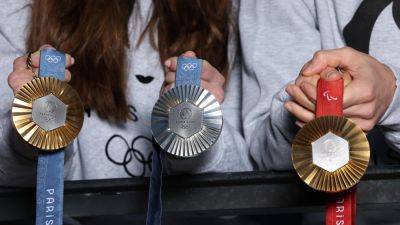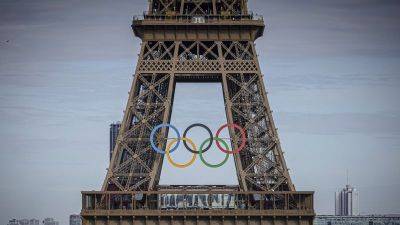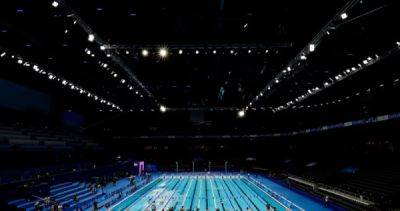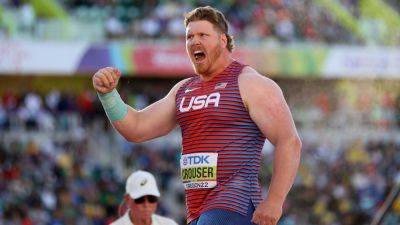Athletes
The Atlanta Olympic Games were a low point for British sport.
Great Britain returned from the 1996 Summer Games with just one gold medal in hand — and 15 overall.
"There was an immediate overhaul," said Ben Bloom, a sports journalist who has covered the Olympics for more than a decade.
UK Sport, a government agency responsible for investing money into Olympic and Paralympic sports, was founded just one year later. The money, sourced through the government and the National Lottery, was transformative for the nation's Olympic program.
"People buy a lottery ticket, and the good causes would be sport and culture and heritage and charities," said Katherine Grainger, chair of UK Sport and Britain's most decorated female rower.
"It supports athletes individually, but it puts a huge amount of money into every national governing body for the Olympic and Paralympic sports," she added.
"Britain has gone from the mid-30s in the medal table ... [to] the top five every single time," Bloom said. "It's changed everything."
Team GB's transformation has made one thing clear: money matters in sport.
However, unlike in more lucrative sports like soccer, very few Olympians see a return on investment for the time and money they spend over the years.
An athlete lucky enough to land UK Sport's Athlete Performance Award will secure £28,000 ($36,000) a year, whereas the average English Premier League player's annual salary amounts to nearly £3.1 million ($4 million), according to Capology.com.
"UK Sport have a very difficult dilemma in that they would love to financially support an enormous range of people across a vast range of sports. They just can't do that because there isn't enough money," Bloom said.
So how do you inspire the next generation of







